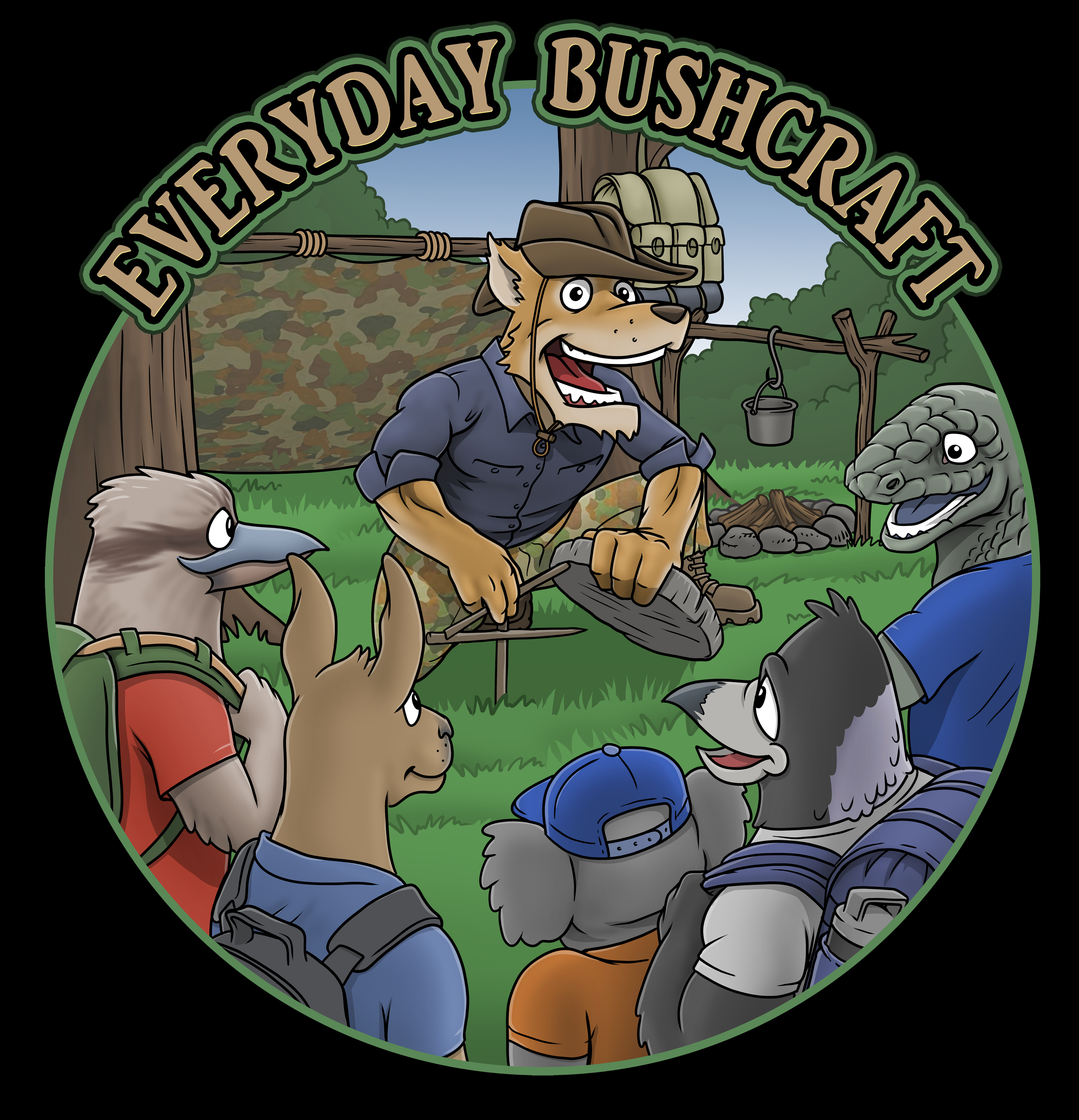
The Crucial Role of Situational Awareness
- gbucknell

- May 22, 2024
- 2 min read
In the wake of recent events, from stabbings to terror attacks, the importance of situational awareness has been brought to the forefront of our collective consciousness. Situational awareness, often associated with military and law enforcement contexts, is a skill that extends far beyond these domains and is invaluable in our everyday lives.
At its core, situational awareness is about being cognizant of our surroundings, understanding what is happening around us, and anticipating potential threats or opportunities. It involves actively observing, listening, and processing information to make informed decisions in any given situation.
One of the fundamental aspects of situational awareness is threat identification. By paying attention to the people and activities in our vicinity, we can detect signs of potential danger before it escalates. This could be as simple as noticing someone acting suspiciously or carrying unusual items. Being attuned to these details allows us to take preemptive measures to ensure our safety and the safety of those around us.
Moreover, situational awareness empowers us to identify opportunities for growth and success. Whether it's in our personal or professional lives, being aware of our environment enables us to recognize openings for advancement, collaboration, or innovation. By staying vigilant and observant, we can seize these opportunities and leverage them to achieve our goals.
Incorporating situational awareness into our daily routine is not merely a precautionary measure; it's a mindset that cultivates mindfulness and preparedness. Here are some practical ways to make situational awareness a habit:
1. Stay Present: Avoid distractions and be fully present in the moment. Put away your phone, remove headphones, and focus on your surroundings.
2. Scan Your Environment: Periodically scan the area you're in, paying attention to people, objects, and activities. Notice any changes or anomalies that could indicate a potential threat or opportunity.
3. Trust Your Instincts: If something feels off or doesn't seem right, trust your gut instinct. Intuition is a powerful tool in assessing situations and making quick decisions.
4. Plan Your Exit Strategy: Whether you're in a crowded public space or a familiar environment, always have an exit strategy in mind. Know where the nearest exits are located and have alternative routes planned in case of emergency.
5. Stay Informed: Keep yourself updated on current events and developments in your community. Awareness of potential risks or trends can help you better prepare and respond to various situations
.
By incorporating these practices into our daily lives, we not only enhance our personal safety but also cultivate a sense of empowerment and resilience. Situational awareness is not about living in fear but rather about being proactive and prepared in the face of uncertainty.
In conclusion, situational awareness is a valuable skill that should be ingrained in our daily habits. Whether it's navigating our way through a crowded street or making strategic decisions in the workplace, being aware of our surroundings enables us to navigate the complexities of life with confidence and clarity.
Let's commit to fostering a culture of awareness and preparedness, ensuring that we can thrive in any situation that comes our way.









Comments